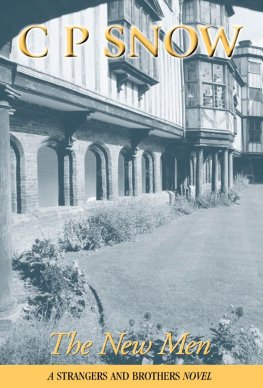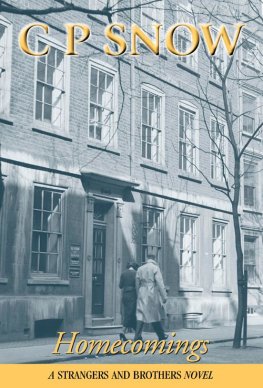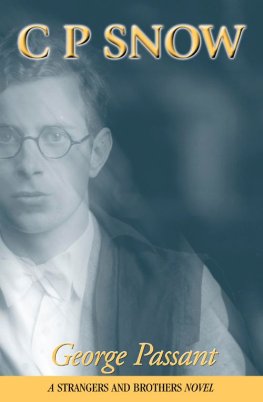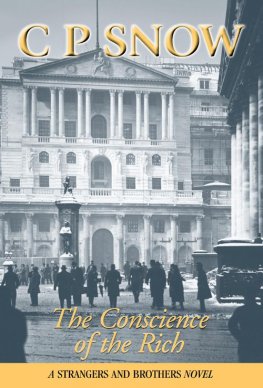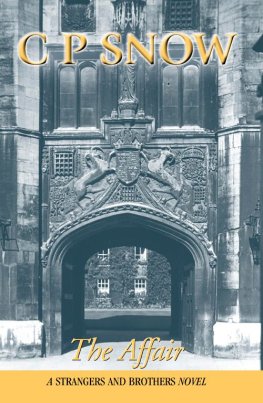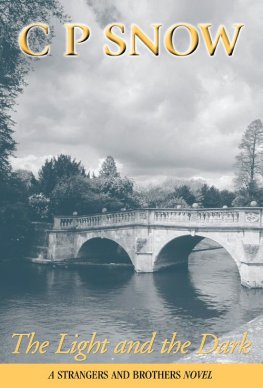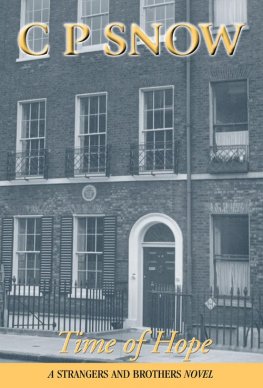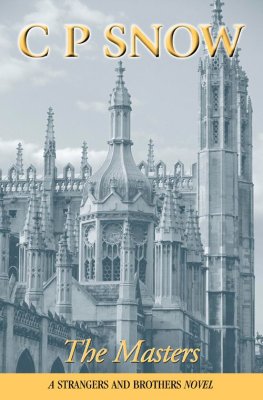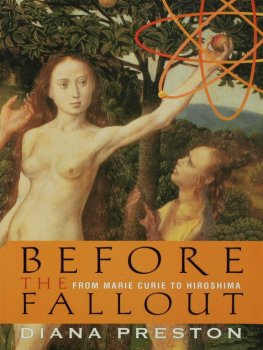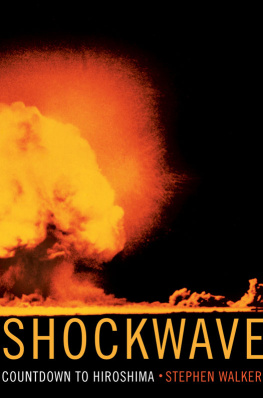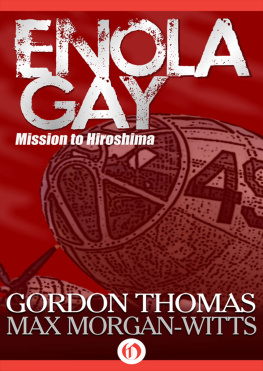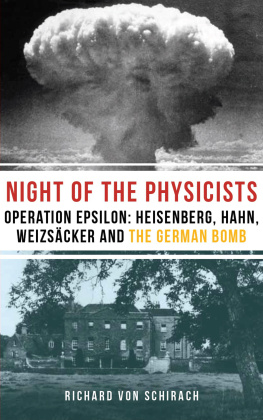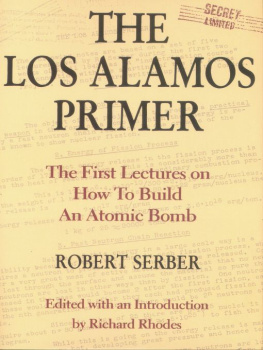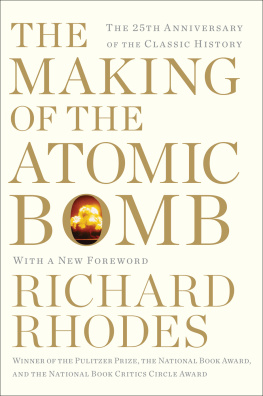Charles Snow - The New Men
Here you can read online Charles Snow - The New Men full text of the book (entire story) in english for free. Download pdf and epub, get meaning, cover and reviews about this ebook. year: 2012, publisher: House of Stratus, genre: Prose. Description of the work, (preface) as well as reviews are available. Best literature library LitArk.com created for fans of good reading and offers a wide selection of genres:
Romance novel
Science fiction
Adventure
Detective
Science
History
Home and family
Prose
Art
Politics
Computer
Non-fiction
Religion
Business
Children
Humor
Choose a favorite category and find really read worthwhile books. Enjoy immersion in the world of imagination, feel the emotions of the characters or learn something new for yourself, make an fascinating discovery.
- Book:The New Men
- Author:
- Publisher:House of Stratus
- Genre:
- Year:2012
- ISBN:9780755120161
- Rating:4 / 5
- Favourites:Add to favourites
- Your mark:
- 80
- 1
- 2
- 3
- 4
- 5
The New Men: summary, description and annotation
We offer to read an annotation, description, summary or preface (depends on what the author of the book "The New Men" wrote himself). If you haven't found the necessary information about the book — write in the comments, we will try to find it.
The New Men — read online for free the complete book (whole text) full work
Below is the text of the book, divided by pages. System saving the place of the last page read, allows you to conveniently read the book "The New Men" online for free, without having to search again every time where you left off. Put a bookmark, and you can go to the page where you finished reading at any time.
Font size:
Interval:
Bookmark:
C.P. Snow
The New Men
About the Author

Charles Percy Snow was born in Leicester, on 15 October 1905. He was educated from age eleven at Alderman Newton's School for boys where he excelled in most subjects, enjoying a reputation for an astounding memory and also developed a lifelong love of cricket. In 1923 he became an external student in science of London University, as the local college he attended in Leicester had no science department. At the same time he read widely and gained practical experience by working as a laboratory assistant at Newton's to gain the necessary practical experience needed.
Having achieved a first class degree, followed by a Master of Science he won a studentship in 1928 which he used to research at the famous Cavendish Laboratory in Cambridge. There, he went on to become a Fellow of Christ's College, Cambridge, in 1930 where he also served as a tutor, but his position became increasingly titular as he branched into other areas of activity. In 1934, he began to publish scientific articles in Nature, and then The Spectator before becoming editor of the journal Discovery in 1937. However, he was also writing fiction during this period, with his first novel Death Under Sail published in 1932, and in 1940 'Strangers and Brothers' was published. This was the first of eleven novels in the series and was later renamed 'George Passant' when 'Strangers and Brothers' was used to denote the series itself.
Discovery became a casualty of the war, closing in 1940. However, by this time Snow was already involved with the Royal Society, who had organised a group to specifically use British scientific talent operating under the auspices of the Ministry of Labour. He served as the Ministry's technical director from 1940 to 1944. After the war, he became a civil service commissioner responsible for recruiting scientists to work for the government. He also returned to writing, continuing the Strangers and Brothers series of novels. 'The Light and the Dark' was published in 1947, followed by 'Time of Hope' in 1949, and perhaps the most famous and popular of them all, The Masters', in 1951. He planned to finish the cycle within five years, but the final novel 'Last Things' wasn't published until 1970.
He married the novelist Pamela Hansford Johnson in 1950 and they had one son, Philip, in 1952. Snow was knighted in 1957 and became a life peer in 1964, taking the title Baron Snow of the City Leicester. He also joined Harold Wilson's first government as Parliamentary Secretary to the new Minister of Technology.When the department ceased to exist in 1966 he became a vociferous back-bencher in the House of Lords.
After finishing the Strangers and Brothers series, Snow continued writing both fiction and non-fiction. His last work of fiction was A Coat of Vanish', published in 1978. His non-fiction included a short life of Trollope published in 1974 and another, published posthumously in 1981, The Physicists: a Generation that Changed the World'. He was also inundated with lecturing requests and offers of honorary doctorates. In 1961, he became Rector of St. Andrews University and for ten years also wrote influential weekly reviews for the Financial Times.
In these later years, Snow suffered from poor health although he continued to travel and lecture. He also remained active as a writer and critic until hospitalized on 1 July 1980. He died later that day of a perforated ulcer.
'Mr Snow has established himself, on his own chosen ground, in an eminent and conspicuous position among contemporary English novelists New Statesman
Part One
A Question of Possibility
1: Argument with a Brother
I HEARD the first rumour in the middle of an argument with my brother, when I was trying to persuade him not to marry, but it did not seem much more than a distraction.
He had brought Irene to lunch with me on a wet, windy morning in late February. The year was 1939, and I was still living in college. As we sat at table in my dining-room the rain slashed against the windows, and once or twice smoke from the open sixteenth-century grate blew across the room. It was so dark outside that I had turned all the sconce lights on, warm against the panelling; in that comfortable light, while the wind thudded against the window panes, Irene set to work to get me on her side.
I had not met her before, but Martin had mentioned her name enough to make me guess about her. He had first picked her up in London, at one of his richer friends, and I gathered that she had no money but plenty of invitations. This seemed to amuse Martin, but to me she sounded too much like a shabby-smart girl, who thought her best chance was to find an able husband.
The more I heard of her, the more anxious I was for Martin as a father might be for a son, for there were nine years between us. He was only twenty-five, and while other people saw him as stable and detached, the last man to commit a piece of foolishness, abnormally capable of looking after himself, I could not stop myself worrying.
The day before this luncheon, Martin had asked, without seeming over-eager, whether I would like to meet Irene. Yet I knew, and she knew, that it was a visit of inspection.
She called me by my Christian name in her first greeting: and, as I poured her out a glass of sherry, was saying: I always imagined you as darker than Martin. You should be dark!
You should drink sherry, I said. She had the kind of impudence which provoked me and which had its attraction.
Is it always sherry before meals?
What else? I said.
Fixed tastes! she cried. Now that I did expect.
As we began to eat, she went on teasing. It was the teasing, at once spontaneous and practised, of a young woman who has enjoyed playing for the attention of older men. She had the manner of a mischievous daughter, her laughter high-pitched, disrespectful, sharp with a kind of constrained glee and underneath just enough ultimate deference to please.
Yet, despite that manner, she looked older than her age, which was the same as Martins. She was a tall woman, full-breasted, with a stoop that made one feel that she was self-conscious about her figure; often when she laughed she made a bow which reduced her height still more, which made her seem to be acting like a little girl. The skin of her cheeks looked already worn and high-coloured underneath the make-up.
Her features were not pretty, but one noticed her eyes, narrow, treacle-brown, glinting under the heavy upper lids. For me, in that first meeting, she had some physical charm.
Apart from that, I thought that she was reckless and honest in her own fashion. I could not satisfy myself about what she felt for Martin. She was fond of him, but I did not believe that she loved him; yet she longed to marry him. That was the first thing I was looking for, and within a few minutes I had no doubt. I still wanted to know why she longed for it so much.
She spoke like an adventuress, but this was a curious piece of adventuress-ship. That day she asked us, frankly, inquisitively, about our early life at home. She knew that we had come from the lower-middle-class back streets of a provincial town, that I had struggled through to a career at the Bar and had then changed to academic law and settled in the college. Following after me, Martin had won a scholarship in natural science there, and I had been able to help pay his way. For nearly three years he had been doing research at the Cavendish.
Font size:
Interval:
Bookmark:
Similar books «The New Men»
Look at similar books to The New Men. We have selected literature similar in name and meaning in the hope of providing readers with more options to find new, interesting, not yet read works.
Discussion, reviews of the book The New Men and just readers' own opinions. Leave your comments, write what you think about the work, its meaning or the main characters. Specify what exactly you liked and what you didn't like, and why you think so.

